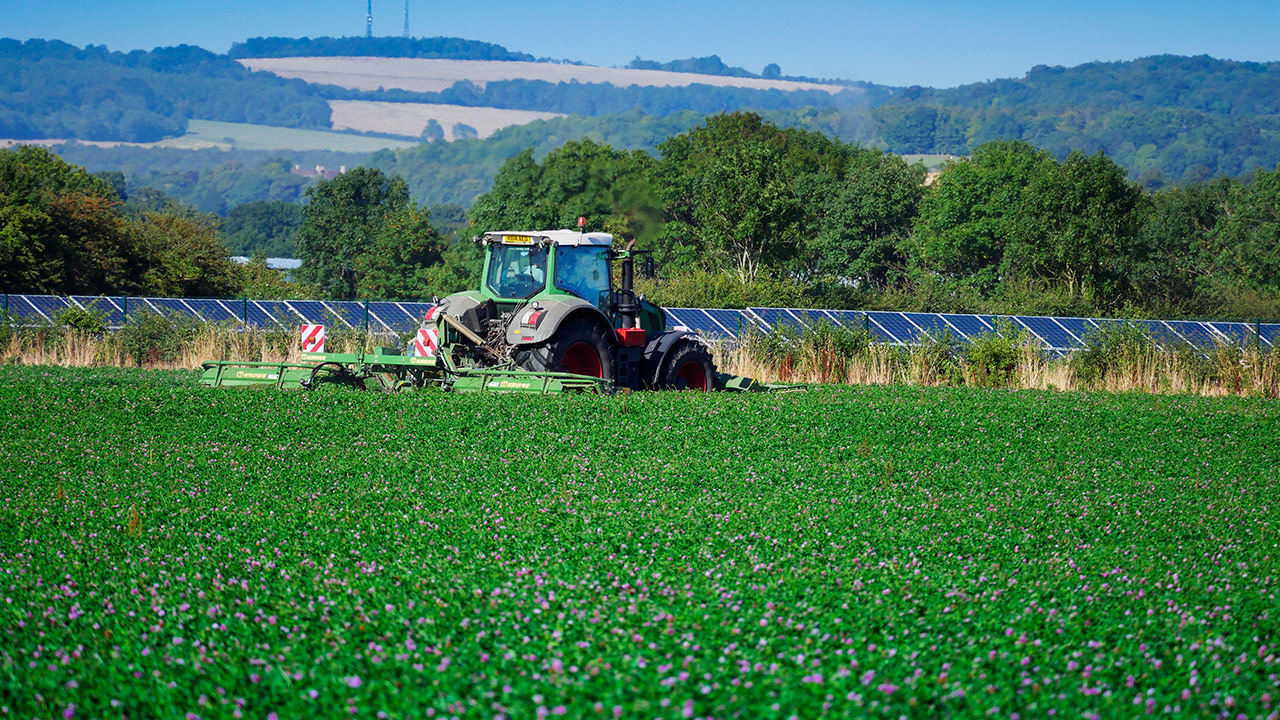
Paul Crawley manages our farming operations. As part of our Meet the Team series, he shares some insights into his role and takes us through what a day on the farm looks like.
I live just ten minutes away and during term time I’m at work by 8.30am. My phone has often started ringing from 7:30am so I’m often liaising with the farm team or contractors at home and on my way in. When I arrive I’ll usually have a catch up with Sam, our Farm Foreman, and Ottis, our Herd Manager, and then it’s into the office to start replying to emails or to join meetings. Otherwise I’ll head out and about to make sure everything is running smoothly.
My role sees me overseeing the farm and dairy, as well as our milk vending operation. We have a separate team for each of these operations, and I support each of them, offering guidance where needed and helping sort out any issues that crop up. It’s a diverse role; one minute I can be helping remove a gearbox for repair and the next I’m designing an improvement to a cattle shed or farm building! I work closely with Cameron, our MD, helping plan the strategy for the farm whilst managing daily operations, from cropping plans to administering the environmental schemes we’re a part of.
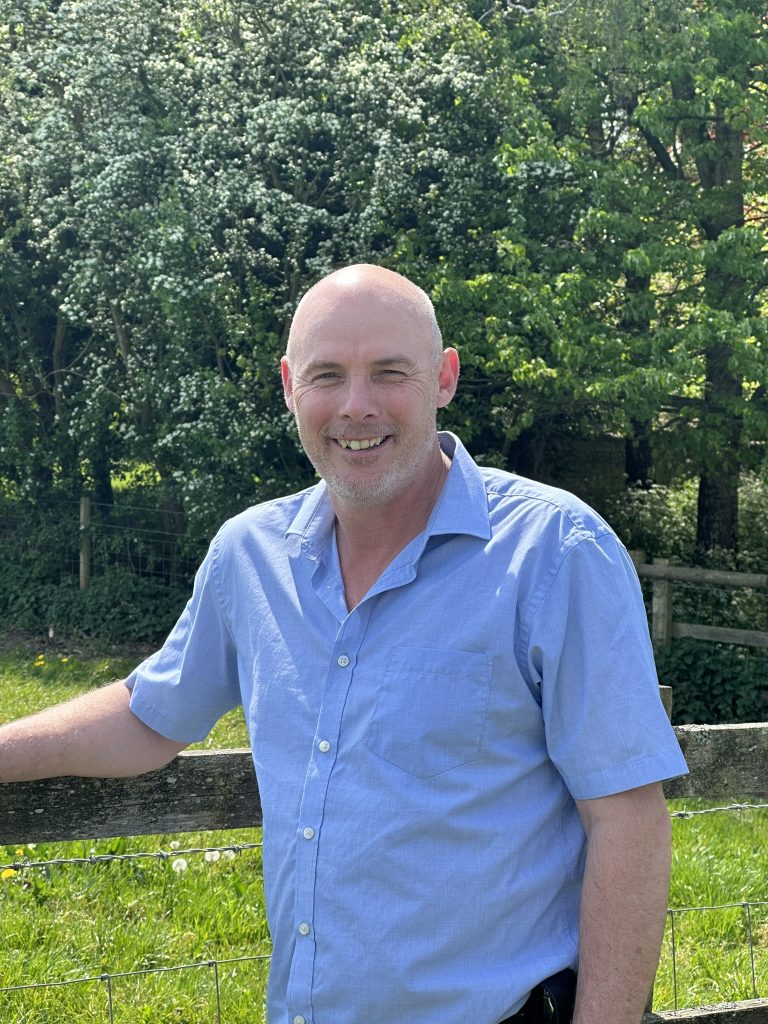
Without a doubt the best part of the job is the team – they are a talented bunch and Sam and Ottis are an inspiring pair, who are always sharing fresh ideas. I also enjoy the variation which farming offers; I’ve worked on farms nearly all my life and love working in the environment and the challenges that come with that – from the joys of the weather to machinery breakdowns. There’s never a dull moment and every day is extremely varied; there’s always a new challenge to overcome. It’s part of the job – achieving the unachievable!
One of my most enjoyable responsibilities is preparing a Board Report to update our directors on operations and KPIs. It gives the opportunity to review what we’ve done over the month and share our achievements and the challenges which lie ahead.
I joined Woodhorn in 2024, so am still a pretty new recruit! The biggest challenge has been familiarising myself with the diverse business that Woodhorn is and getting to grips with the systems and protocols which keep everything running so well. It’s an exciting business to be part of; there are crops grown here that I’ve not been involved with for many years so I’ve had to refresh my knowledge. Luckily I’ve got a real interest in exploring new methods and systems for growing food in a sustainable way, and am keen to see systems that support the wild environment incorporated into the way we produce food.
Before heading home I usually catch up with the team to check on progress. It’s important to celebrate the wins as well as understand what hasn’t gone according to plan. And then it’s back to home – and farming news there!

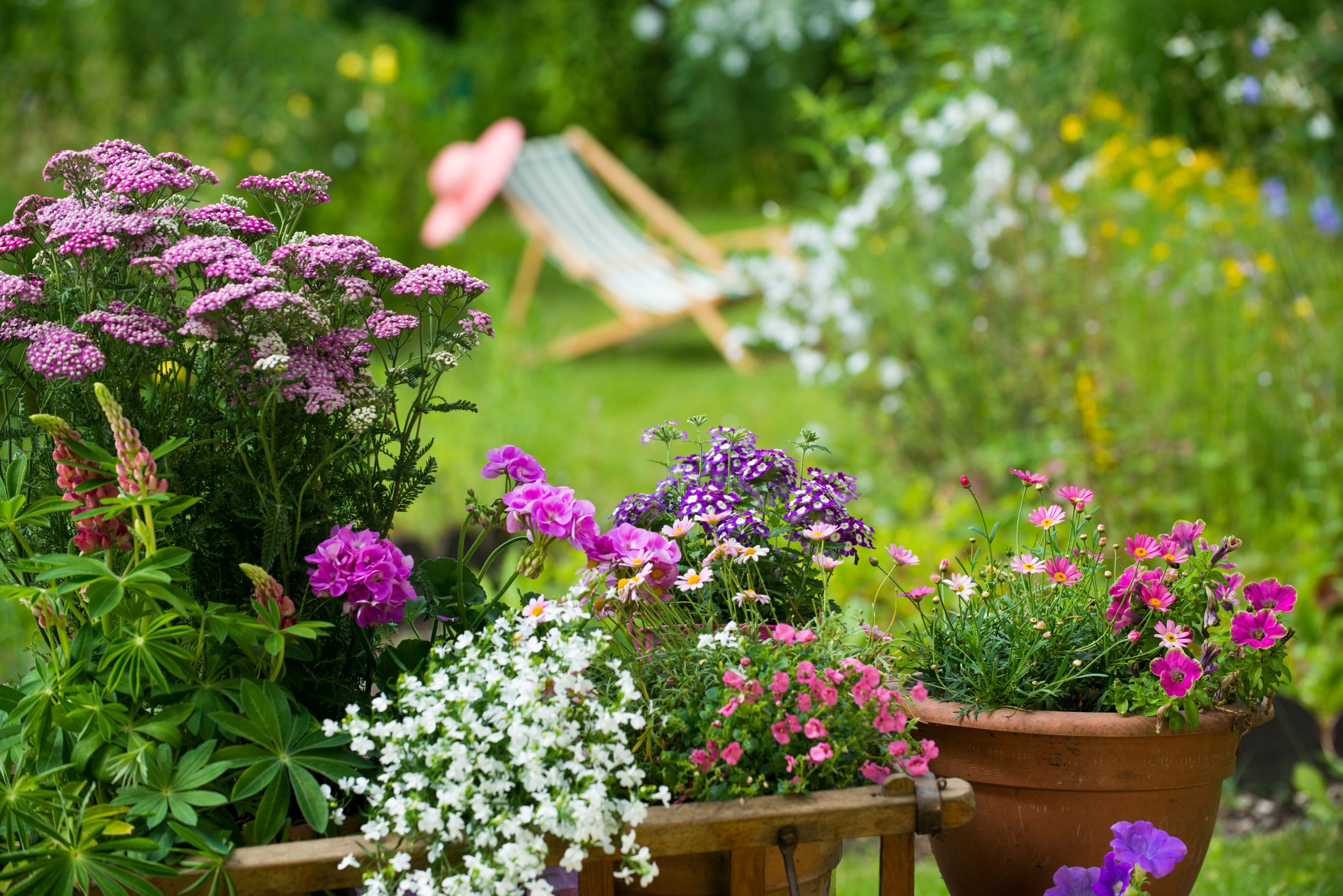
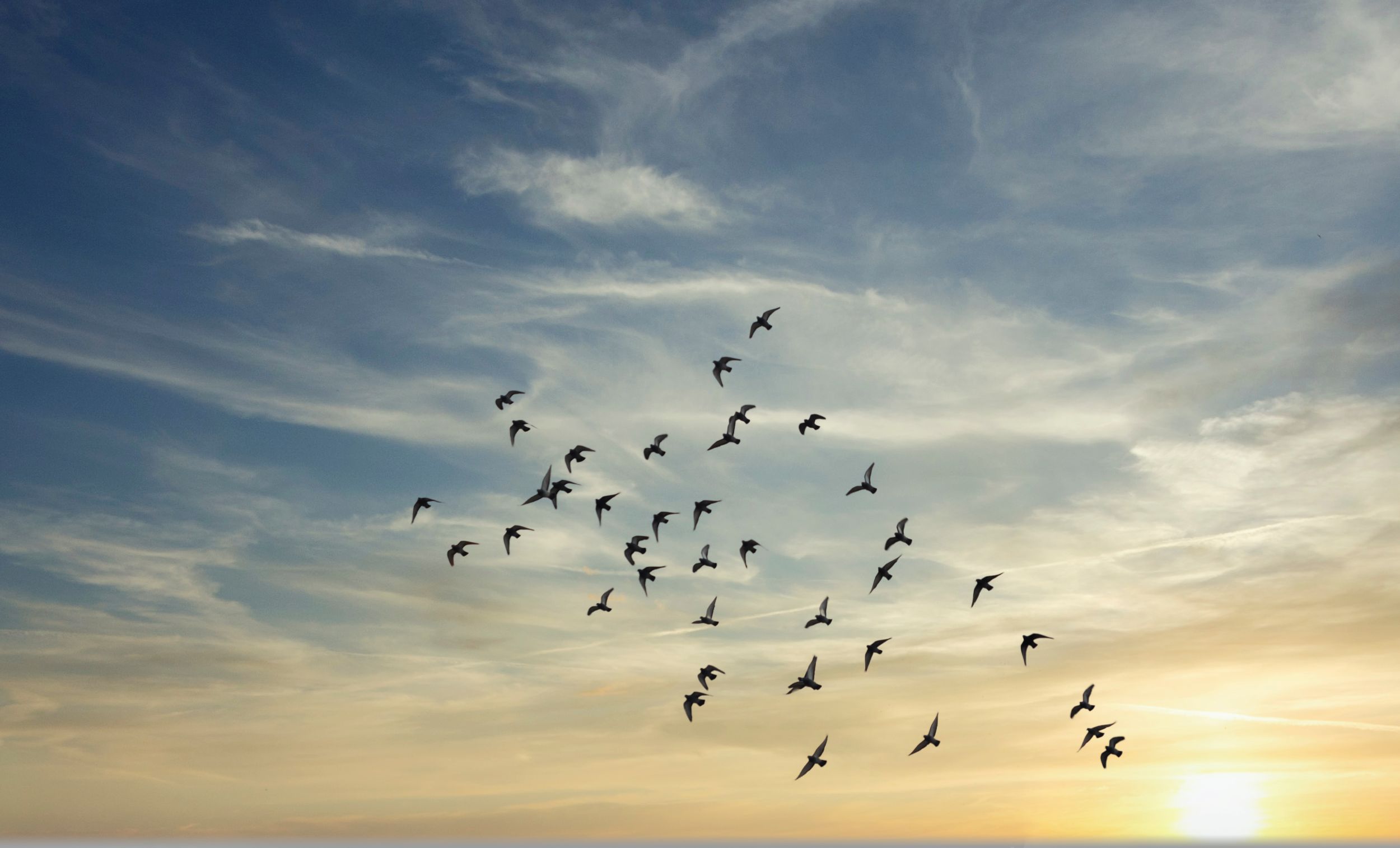
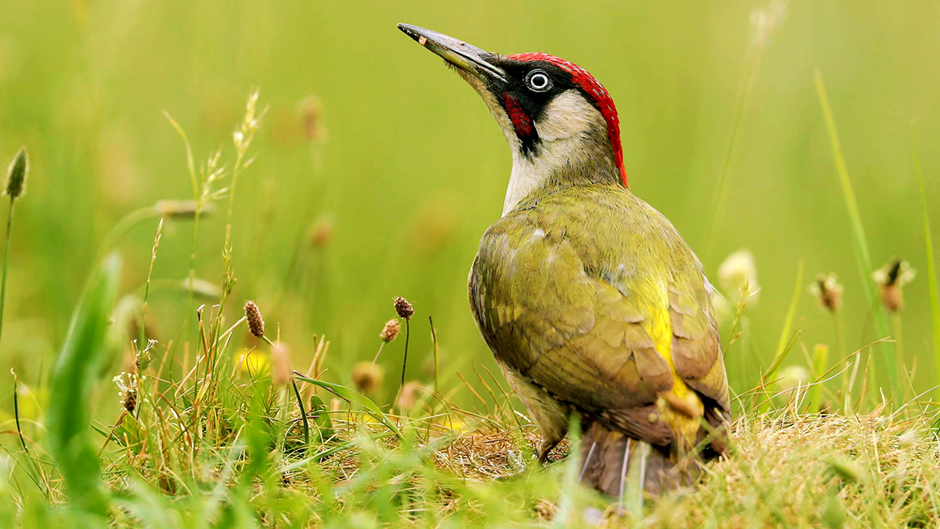

Recent Comments